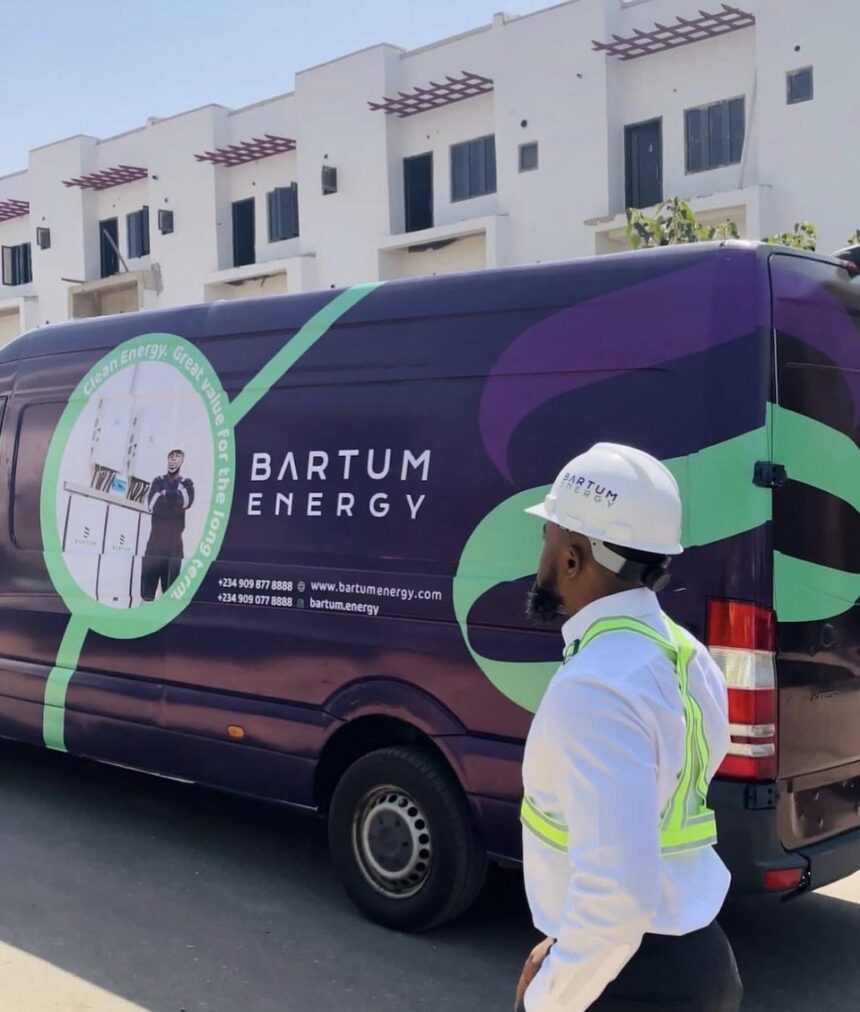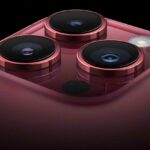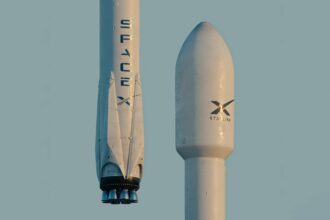Solar energy is one of the most reliable and affordable sources of renewable energy in Nigeria. According to the World Bank, Nigeria has an estimated 427,000 MW of solar potential, which is more than enough to meet the country’s electricity demand1. However, to harness this potential, you need more than just solar panels. You also need a solar inverter.
A solar inverter is a device that converts the direct current (DC) electricity generated by your solar panels into alternating current (AC) electricity that your appliances can use. Without a solar inverter, you wouldn’t be able to use solar power for your home or business.
But not all solar inverters are the same. There are different types, sizes, and features of solar inverters that suit different needs and preferences. How do you choose the best solar inverter for your situation? Here are some factors to consider:
Type of Solar Inverter
There are three main types of solar inverters: string inverters, microinverters, and hybrid inverters.
- String inverters are the most common and cheapest type of solar inverters. They connect a series of solar panels into a single circuit or string, and convert the DC electricity from the entire string into AC electricity. String inverters are usually installed near the power meter or on a wall outside the building.
- Microinverters are small devices that attach to each individual solar panel and convert the DC electricity from each panel into AC electricity. Microinverters are more expensive than string inverters, but they offer several advantages, such as higher efficiency, better performance in shaded conditions, and easier monitoring and troubleshooting.
- Hybrid inverters are devices that combine the functions of a solar inverter and a battery charger. They can store excess solar energy in batteries for later use, or sell it back to the grid when the price is high. Hybrid inverters are ideal for off-grid or backup power systems, but they are also the most expensive type o inverters.
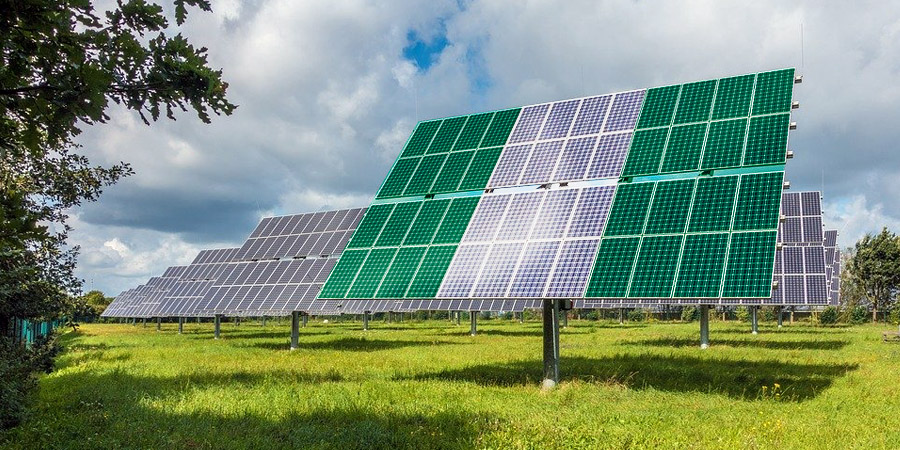
Size of Solar Inverter
The size of your solar inverter depends on the size of your solar system and your power consumption. The general rule is that your inverter should be able to handle at least 80% of the peak output of your solar system. For example, if your solar system has a peak output of 5 kW, you should choose a solar inverter with a capacity of at least 4 kW.
However, this rule may vary depending on your location, climate, and grid regulations. You may need a larger or smaller inverter depending on how much sunlight you receive, how much power you use during peak hours, and how much power you can export to the grid. It’s best to consult with a professional solar installer or an online calculator to determine the optimal size of your inverter.
Features of Solar Inverter
Solar inverters come with different features that can enhance their performance, durability, and convenience. Some of the features you may want to look for are:
- Efficiency: This is the ratio of AC output power to DC input power of your inverter. The higher the efficiency, the less power you lose during the conversion process. A good solar inverter should have an efficiency rating of at least 95%.
- Warranty: This is the period of time that your inverter is covered by the manufacturer or supplier for any defects or malfunctions. A good warranty should last at least 5 years, but some brands offer up to 10 years or more.
- Protection: This is the ability of your inverter to withstand harsh environmental conditions, such as dust, moisture, heat, lightning, and surges. A good protection rating should be at least IP65 for outdoor installation.
- Communication: This is the ability of your inverter to connect with other devices, such as smartphones, computers, or monitors, via Wi-Fi, Bluetooth, or Ethernet. This allows you to monitor and control your solar system remotely and access data and alerts.
- Compatibility: This is the ability of your inverter to work with other components of your solar system, such as panels, batteries, meters, and switches. A good compatibility rating should be at least MPPT (maximum power point tracking) for optimal performance.
Conclusion
Choosing the best solar inverter for your home or business can be challenging, but it’s worth it. A good solar inverter can make a big difference in the efficiency, reliability, and profitability of your solar system.
If you’re looking for a trusted and experienced provider of solar inverters in Nigeria, look no further than Bartum Energy. Bartum Energy produces and offers its own products backed by warranty and can customise solar power solutions that suit your energy needs and budget. Whether you need a residential, commercial, or industrial solar system, Bartum Energy has the best solar power solution for you.
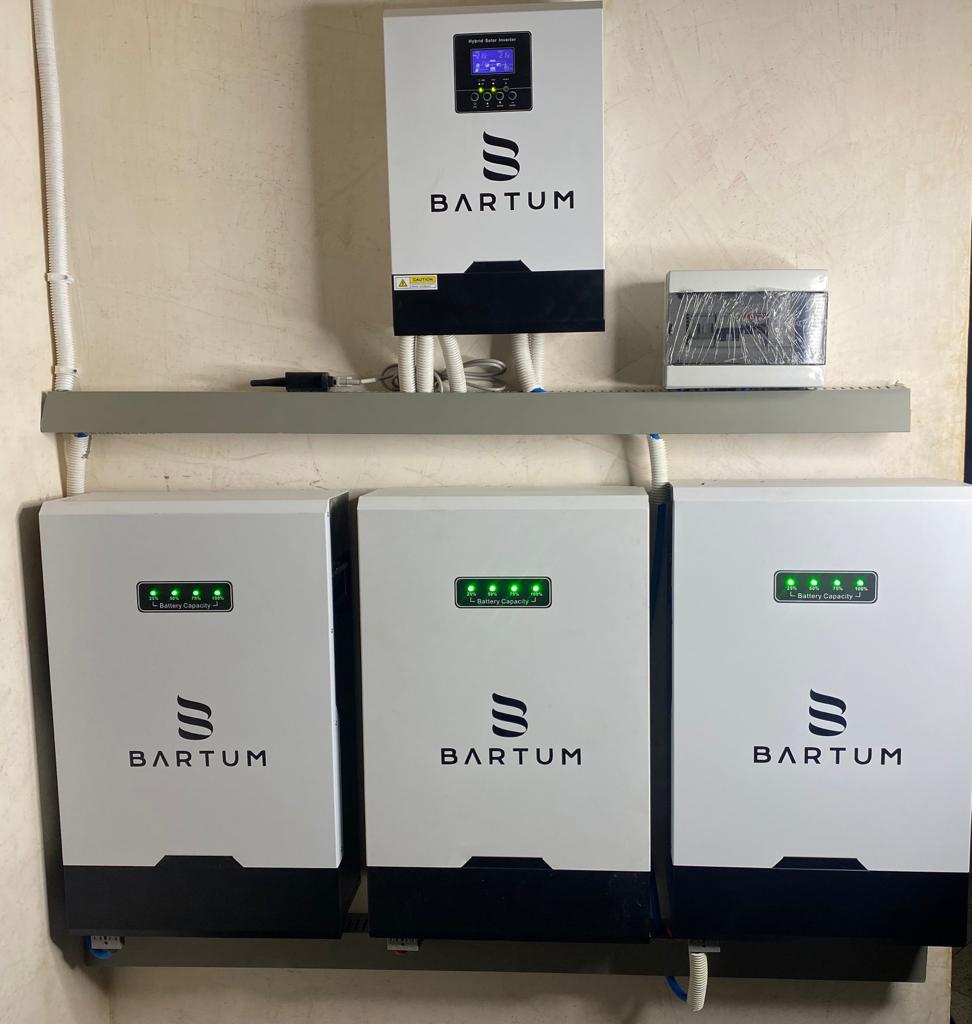
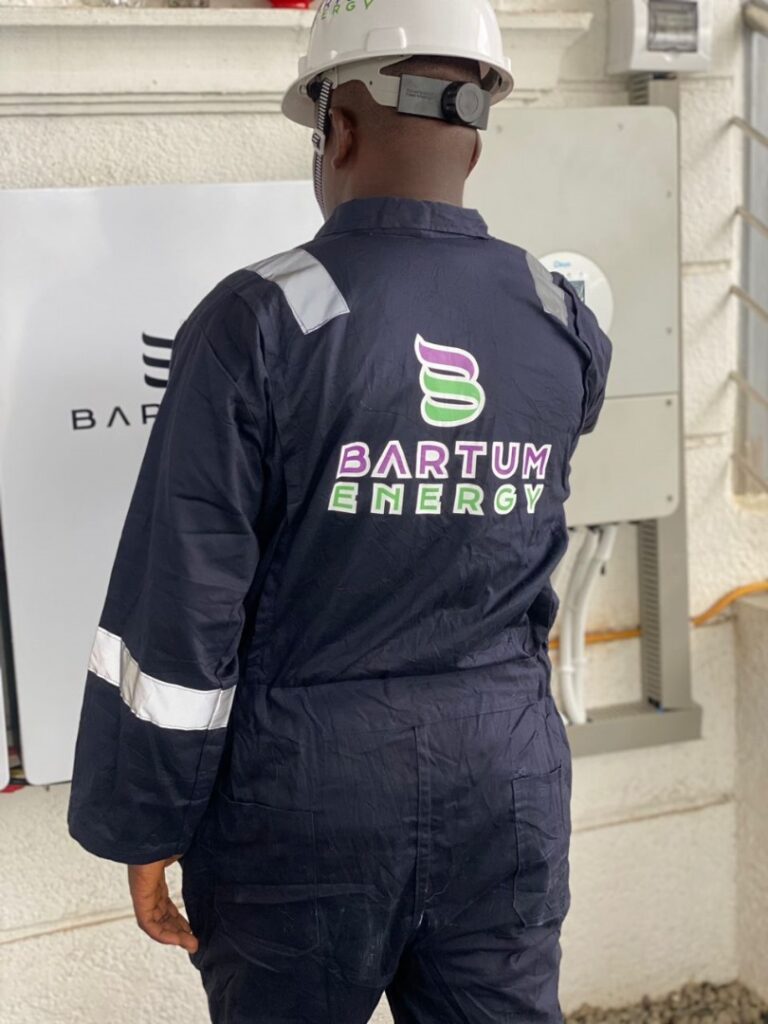
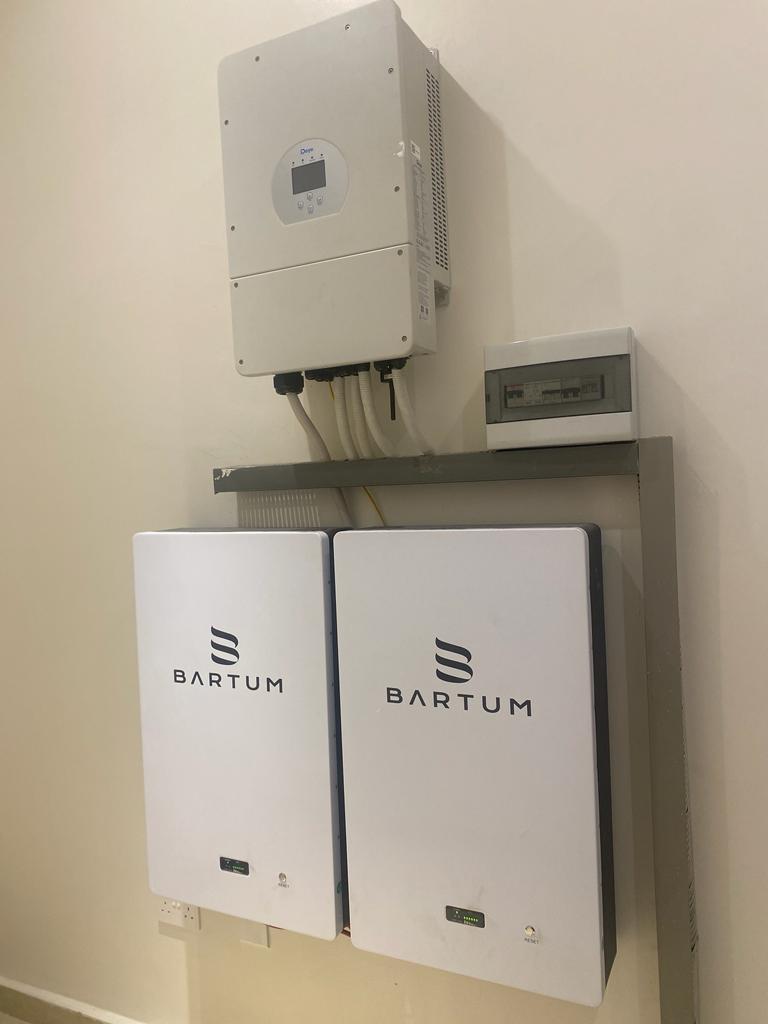
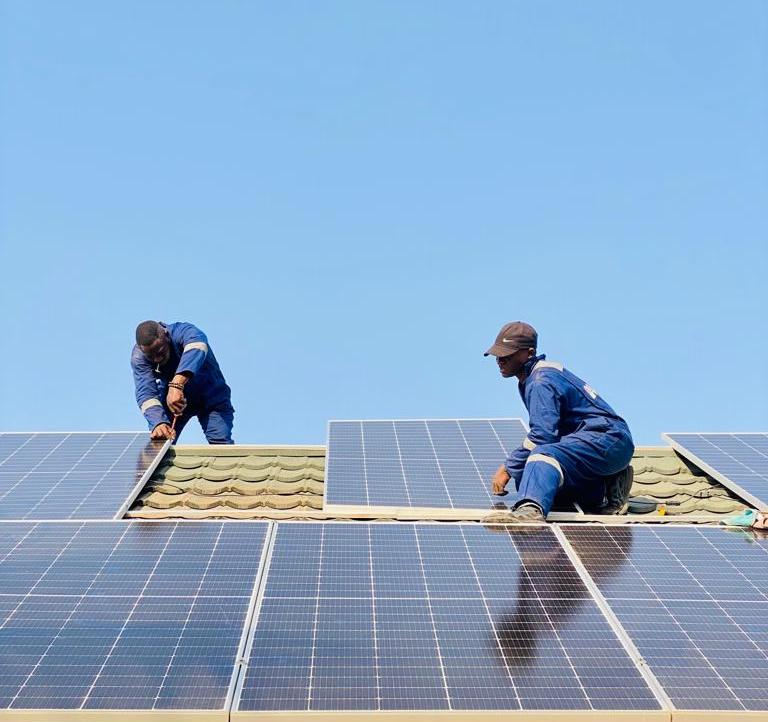
To learn more about Bartum Energy and their solar inverters, visit their website or contact them today. They will be happy to answer your questions and provide you with a free quote.
You can also read our oraimo power bank review by clicking here.


